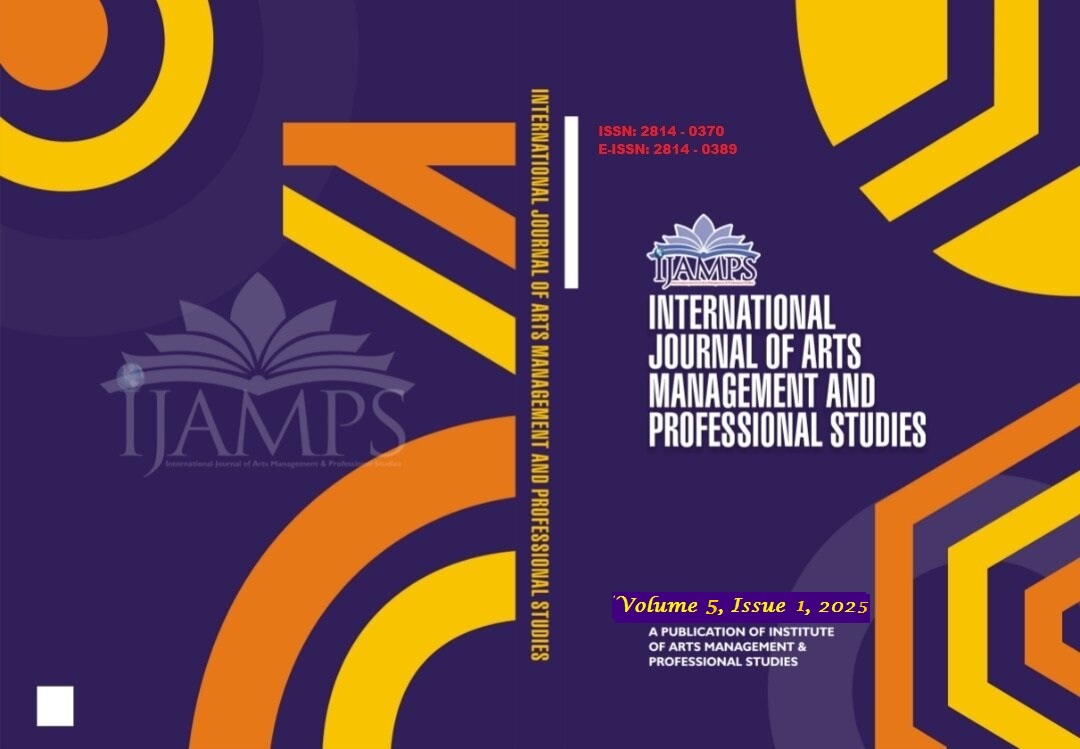
INFLUENCE OF DEMOCRATIC LEADERSHIP STYLE OF PROVOSTS ON PROVISION AND MANAGEMENT OF HUMAN AND MATERIAL RESOURCES IN COLLEGES OF EDUCATION IN THE NORTH-WEST ZONE IN NIGERIA.
YOHANNA ZAKKA 08130876700 Zyohanna74@gmail.com Global Wealth University (GWU) CUGW Campus Beside C.E.G Buguida In Lome Togo IKWUOBE, Yusuf Ph.D 08183833404 Yusufikwuobe2013@gmail.com Department Of Educational Foundations And Curriculum, Faculty Of Educati
Volume 5, Issue 1, March 2025
This study aimed to ascertain the influence of democratic leadership style of provosts on the provision and management of human and material resources in Colleges of Education in North-West Zone Nigeria. A descriptive survey research design was employed, enabling inferences and generalizations about a larger population through statistical sampling techniques. The population comprised 10,147 teaching and non-teaching staff across twelve Colleges of Education in the North-West Zone. Using stratified random sampling, five colleges were selected as the sample: FCE Zaria, COE Gidan Waya, FCE Katsina, IKCOE Katsina, and SSCOE Sokoto. Data were collected using a structured questionnaire based on a five-point Likert scale, validated by research supervisors, and pilot-tested in Federal College of Education Kano and College of Education Maru, Zamfara state. The reliability of the instrument was confirmed with a Cronbach’s Alpha coefficient of 0.69. Data were analyzed using frequency counts, simple percentages, and Analysis of Variance (ANOVA) at a 0.05 significance level, facilitated by SPSS software. The findings of the study revealed that the democratic leadership style of provosts significantly influences the provision and management of both human and material resources in Colleges of Education in the North-West Zone, Nigeria. (Aggregate Mean = 3.32); that democratic leadership styles of provosts positively influenced the provision and management of material resource (Aggregate Mean = 3.34). The study recommended among others that educational institutions should prioritize the implementation of leadership development programmes aimed at enhancing the democratic leadership skills of provosts and other administrative staff to stay abreast of emerging trends and best practices; that Provosts and college administrators should actively engage various stakeholders, including government bodies, community members, NGOs, and alumni, in the decision-making process regarding resource allocation; that Government should establish clear guidelines and processes for the equitable allocation of material resources; that Continuous professional development opportunities should be provided for teaching and non-teaching staff to ensure they are equipped with the latest skills and knowledge necessary for effective resource management by the Institutions; and that Federal Ministry of Education should implement a robust monitoring and evaluation system to assess the effectiveness of resource management practices.